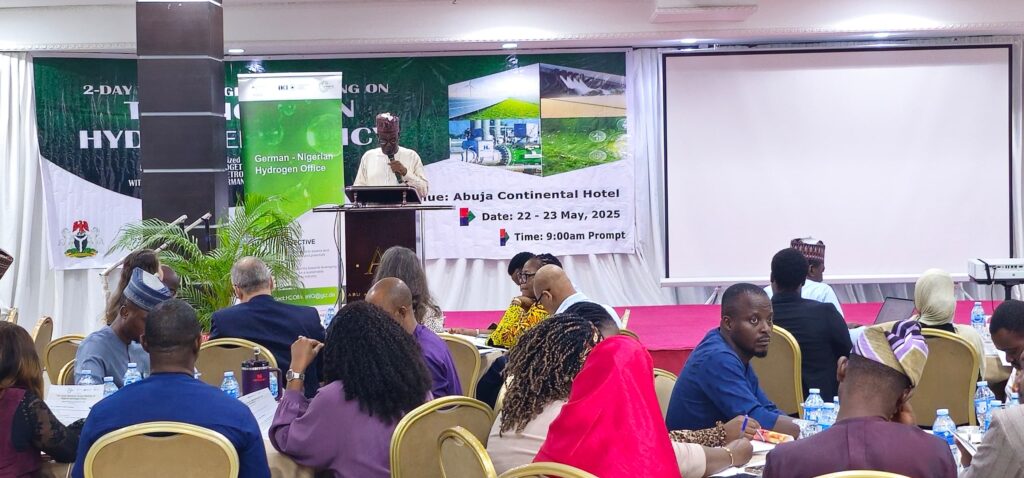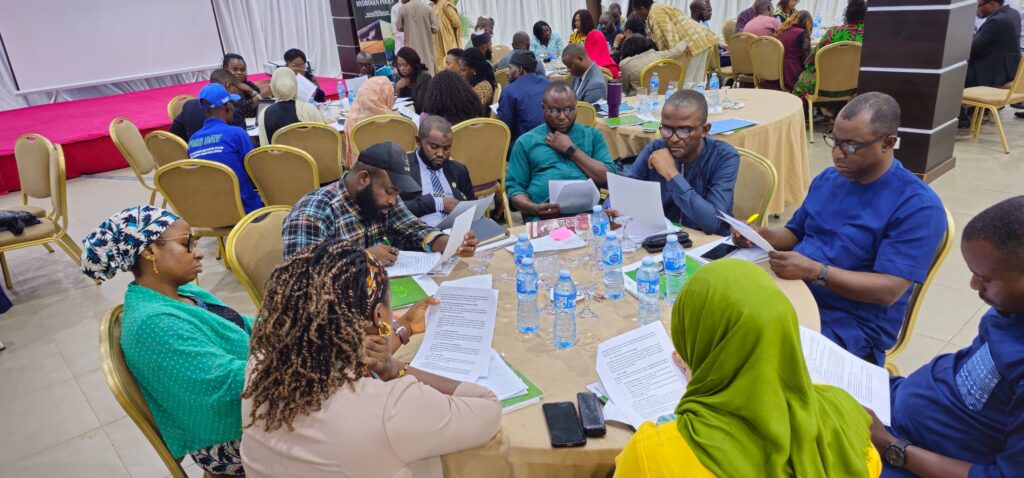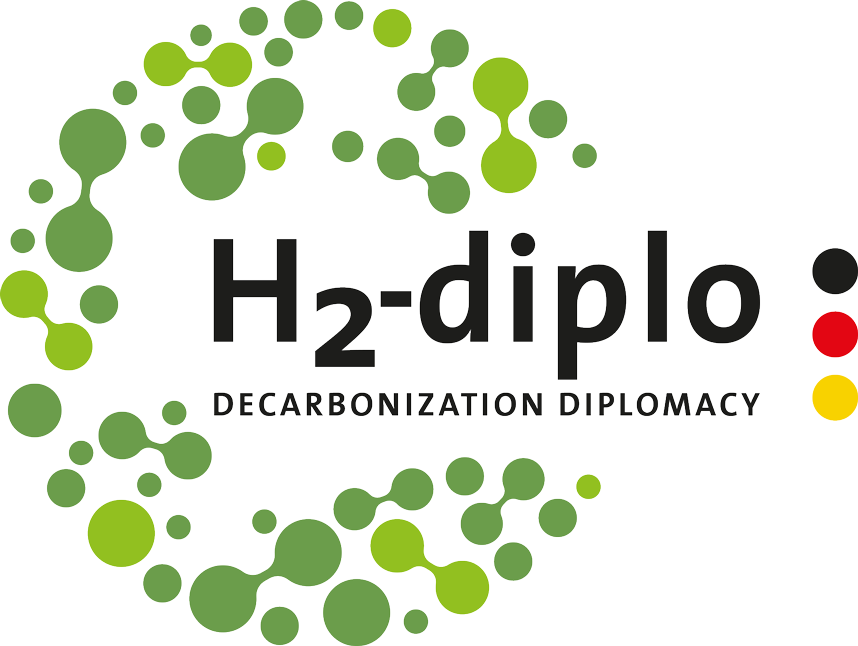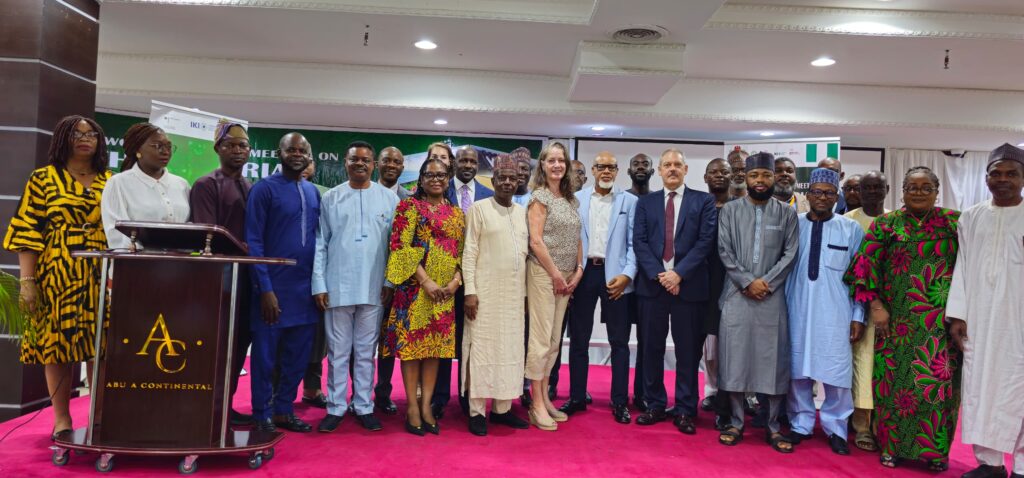Abuja – Nigeria marked a major milestone in its clean energy transition by convening a high-level working group meeting in Abuja to spearhead the development of its first National Hydrogen Policy.
In a significant step towards advancing its clean energy leadership role in sub-Saharan Africa, Nigeria recently on the 22nd and 23rd May 2025 hosted a high-level national hydrogen policy working group meeting with support from the German-Nigeria Hydrogen Office to develop its first National Hydrogen Policy.
The event was declared open by the Cochairing Ministries, the Federal Minister of Budget and Economic Planning H.E Sen. Atiku Bagudu, represented by Mr. Auwal Mohammed, Director Economic Growth Department, the Minister of Petroleum Resources (Gas) Hon. Ekperikpe Ekpo, represented by Mr. Abel Igheghe, the Technical Assistant Downstream to the Minister of Petroleum Resources (Gas) , and the German Government was represented by the Ambassador of the Federal Republic of Germany to Nigeria, Mrs. Annett Günther and also present was the Country Director GIZ Nigeria & ECOWAS, Dr. Markus Wagner. The meeting was attended by senior officials from ministries including Energy, Environment, Science & Technology, Power, and the Energy Commission of Nigeria. It also saw participation from agencies such as Nigerian National Petroleum Company (NNPC), Nigerian Midstream and Downstream Petroleum Regulatory Authority (NMDPRA), Nigerian Upstream Petroleum Regulatory Commission (NUPRC), and the German-Nigerian Hydrogen Office.
The German-Nigerian Hydrogen Office presented a strategic roadmap to support Nigeria’s decarbonization and energy transition ambitions. Stakeholders agreed on the need for cross-sector collaboration, citing energy, transportation, industry, environment, and climate as key sectors in a successful policy framework.


With the global hydrogen market projected to reach US $200 billion by 2030, Nigeria’s ambition aligns with international trends and its own energy and climate goals as outlined in its national energy transition plan. When finalized and adopted as scheduled, the country could harness its vast gas and renewable endowments to emerge as a key player in Africa’s decarbonization and economic diversification drive. By establishing a hydrogen policy, Nigeria positions itself to tap into the global hydrogen market, offering new revenue streams and job opportunities in sectors like power, heavy industry and transportation. As the country moves to reduce emissions and meet its 2060 net zero commitment, a well-crafted hydrogen policy will provide a foundation for decarbonizing hard-to-abate sectors.
The Ministry of Petroleum Resources in November 2024 hosted Nigeria’s first International Hydrogen Conference, drawing over 1,000 participants from both public and private sector. In addition, the German-Nigerian Hydrogen Office as part of its advocacy effort has convened 2 symposiums on green hydrogen underscoring its seriousness in supporting Nigeria’s effort in establishing a hydrogen economy.
As the working group advances towards finalizing the policy, further consultations – including working group meetings for Lagos and Kano State as well as public hearings – are expected in coming months, ensuring broad-based stakeholder engagement.
For more news about the H2-diplo activities, follow us on LinkedIn: H2-diplo – Decarbonization Diplomacy | LinkedIn

